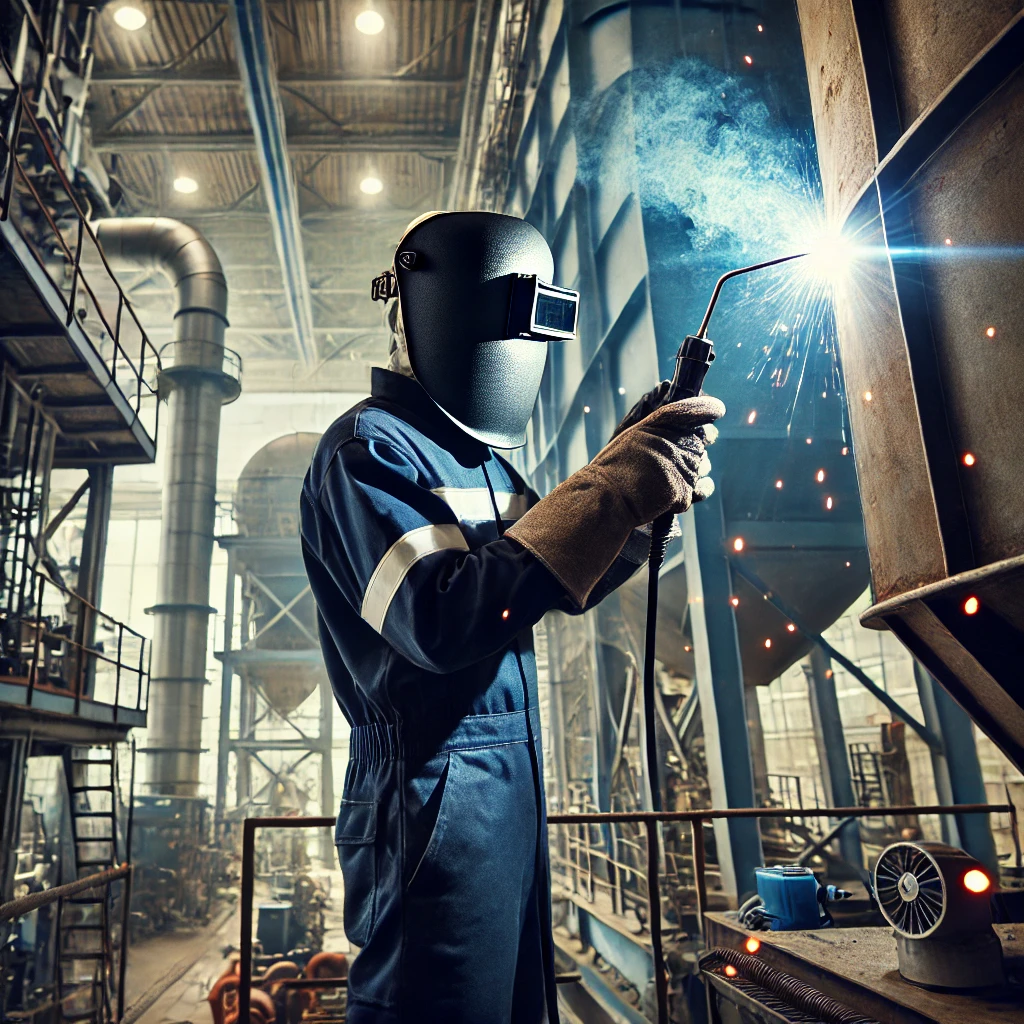Fabrication for Energy-from-Waste Power Stations: Driving Efficiency and Sustainability Across the UK
As the UK strives to meet ambitious net-zero targets and reduce landfill waste, Energy-from-Waste (EfW) power stations are playing a pivotal role in the country’s transition to a sustainable future. These facilities transform residual waste into energy, reducing reliance on fossil fuels and diverting waste from landfills. However, the success of EfW plants depends heavily on precise and reliable fabrication processes.
This blog explores how advanced fabrication techniques are driving efficiency and sustainability in EfW power stations across the UK.
1. The Role of Fabrication in EfW Power Stations
Fabrication forms the backbone of EfW plant construction and maintenance. From the creation of boiler components to structural supports and flue gas systems, fabrication ensures that every element meets stringent performance and safety standards. Properly fabricated components withstand high temperatures, pressures, and corrosive environments typical in EfW operations, ensuring efficiency and durability.
2. Enhancing Efficiency Through Precision Engineering
Efficiency is paramount for EfW power stations to maximise energy output while minimising environmental impact. Modern fabrication processes, such as CNC machining, laser cutting, and robotic welding, enable the creation of high-precision components that optimise plant performance. These advancements reduce energy loss and improve the reliability of critical systems, ensuring consistent energy generation.
3. Sustainability Starts with Materials
The choice of materials used in fabrication plays a crucial role in the sustainability of EfW plants. Many UK-based fabrication companies are turning to high-strength alloys and corrosion-resistant materials that extend the lifespan of components and reduce the need for frequent replacements. By minimising material waste and recycling metal offcuts, these companies align with circular economy principles, further supporting the UK’s environmental goals.
4. Meeting UK Compliance Standards
EfW power stations in the UK are subject to stringent regulations, including compliance with Environmental Permitting Regulations and Health and Safety standards. High-quality fabrication ensures that plants operate safely and within legal limits, particularly in areas like flue gas treatment and emissions control. Accurate fabrication helps EfW operators meet their obligations without compromising efficiency.
5. Supporting Local Economies and Jobs
Fabrication for EfW power stations also contributes to local economies across the UK. By leveraging the expertise of UK-based fabricators, the industry fosters job creation and supports regional manufacturing hubs. This localisation reduces the carbon footprint associated with transporting components, further enhancing sustainability.
6. Innovations Driving the Future of EfW Fabrication
The future of EfW fabrication is bright, with innovations such as additive manufacturing (3D printing) and AI-driven quality control leading the charge. These technologies allow fabricators to produce complex geometries, reduce production waste, and ensure unparalleled precision. Such advancements promise even greater efficiencies for future EfW plants.
Conclusion
Fabrication is more than just a process—it’s a driving force behind the efficiency, safety, and sustainability of Energy-from-Waste power stations in the UK. By adopting advanced techniques, leveraging sustainable materials, and adhering to strict regulatory standards, the fabrication industry is helping to power the UK’s green energy revolution.
As the demand for renewable energy grows, the importance of high-quality fabrication will only increase. Whether you’re a plant operator or a stakeholder in the energy sector, investing in cutting-edge fabrication practices is a step toward a cleaner, more efficient future. For specialist advice and a no-obligation quotation, call IME on 02085996570 or email sales@imegroup.co.uk.

